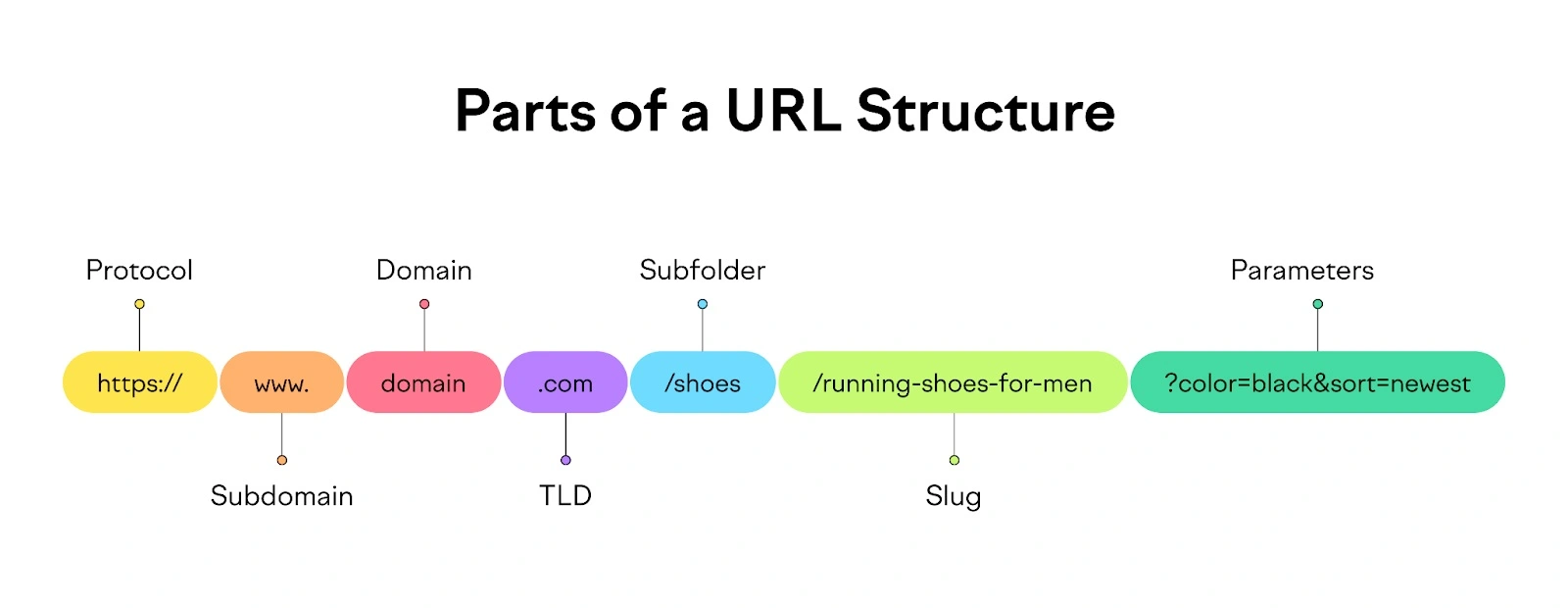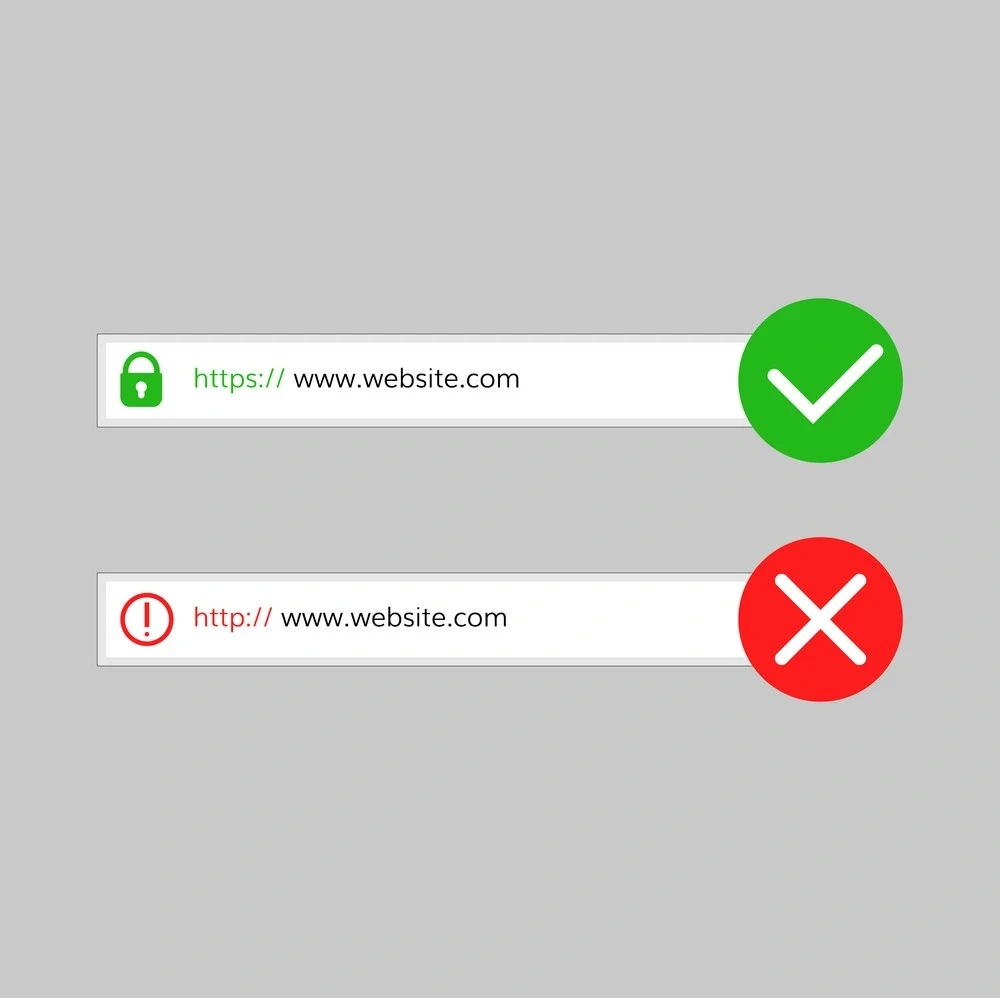In today’s digital age, where online visibility plays a critical role in business success, understanding the factors that influence your website’s ranking on Google is essential. Google utilizes a complex algorithm that considers various elements to determine how web pages should rank in search results. As a marketer, being aware of these factors empowers you to optimize your website effectively and drive organic traffic. In this comprehensive guide, we will delve into the 20 Google ranking factors every marketer should know, providing detailed descriptions and actionable insights for each one.
“The Ultimate Guide to Mastering Google Ranking Factors”

1. Quality Content
Content is king in the world of SEO. Google values high-quality, relevant, and original content. LSI (Latent Semantic Indexing) keywords can help search engines understand the context of your content better. Ensure your content provides value to users, answers their queries, and aligns with their search intent. Incorporate LSI keywords naturally throughout your content to enhance its relevancy and appeal.
2. Page Loading Speed

In today’s fast-paced digital landscape, users expect websites to load quickly. Page loading speed is a crucial ranking factor for Google. Slow-loading pages can result in higher bounce rates and a negative user experience. Optimize your website’s loading speed by compressing images, minifying CSS and JavaScript files, and leveraging browser caching. Consider using content delivery networks (CDNs) to ensure swift page delivery across different geographic locations.
3. Mobile Optimization
With the increasing use of smartphones, Google prioritizes mobile-friendly websites in its search results. Mobile optimization involves responsive design, ensuring that your website adapts seamlessly to various screen sizes. Optimize your site for mobile by implementing a mobile-first approach, using mobile-friendly design elements, and prioritizing fast-loading pages on mobile devices.
4. User Experience (UX)

User experience plays a significant role in determining the success of a website. Google takes UX into account when ranking pages. Factors such as intuitive navigation, clear call-to-actions, readable fonts, and well-structured layouts contribute to a positive user experience. Optimize your website’s UX by conducting usability tests, improving site architecture, and enhancing overall accessibility.
You Might Also Like,
MBA in Digital Marketing vs. Digital marketing certification course
5. Domain Authority

Domain authority refers to the overall credibility and trustworthiness of your website. It is determined by factors such as the quality and quantity of backlinks, social signals, and user engagement metrics. Build a strong domain authority by consistently publishing high-quality content, earning authoritative backlinks, and cultivating a positive online reputation.
6. Backlink Profile
Backlinks, or inbound links, are crucial for SEO. Google views backlinks as votes of confidence from other websites. Aim for high-quality backlinks from reputable sources within your industry. Avoid spammy link-building tactics and focus on natural link acquisition through content promotion, guest blogging, and building relationships with influencers.
7. Keywords and Relevance

Keywords play a vital role in SEO. Conduct thorough keyword research to identify relevant terms and phrases that align with your target audience’s search queries. Incorporate these keywords strategically into your content, headings, meta tags, and URLs. However, avoid keyword stuffing and maintain a natural flow in your writing.
Also Find, Top 10 Skills to Learn to Make Money in 2023 – Full Guide
8. Meta Tags and Descriptions
Meta tags and descriptions provide brief summaries of your web pages to search engine users. Craft compelling meta tags that include relevant keywords and accurately describe the content on each page. These tags serve as previews in search engine result pages (SERPs) and impact click-through rates (CTRs).
9. Header Tags
Header tags (H1, H2, H3, etc.) structure your content and provide hierarchical importance to different sections. Properly utilizing header tags helps search engines understand the organization and relevance of your content. Incorporate LSI keywords into your headers to optimize for both search engines and users.
10. URL Structure

URLs should be descriptive and user-friendly. Include relevant keywords in your URLs to convey the page’s content at a glance. Use hyphens to separate words, as they are more readable than underscores. Avoid lengthy, complex URLs that can confuse users and search engines.
11. Social Signals
Social signals refer to the engagement and visibility of your content on social media platforms. While Google’s algorithm doesn’t directly consider social signals, a strong social presence can indirectly impact SEO. Create compelling, shareable content, encourage social sharing, and engage with your audience across relevant social media channels.
12. User Engagement Metrics
Google evaluates user engagement metrics, such as bounce rate, time on page, and click-through rate, to assess the relevance and quality of your content. Optimize user engagement by providing valuable content, enhancing site speed, and optimizing your website’s design and layout for better user interaction.
13. Site Architecture
A well-structured site architecture is essential for optimizing user experience and enhancing search engine crawlability. By organizing content into logical categories and implementing internal linking, you establish a clear hierarchy that benefits both users and search engines. When offering a Digital Marketing Course in Jaipur, ensuring your website’s structure is well-designed becomes even more crucial.
14. Secure HTTPS Connection

Google prioritizes websites with secure HTTPS connections. Secure Socket Layer (SSL) certificates encrypt the communication between users’ browsers and your website, ensuring data security. Implement HTTPS to gain users’ trust and potentially improve your rankings in search results.
15. Freshness and Update Frequency
Google favors websites that consistently publish fresh, up-to-date content. Regularly updating your website demonstrates its relevance and authority. Create an editorial calendar, produce new content regularly, and revisit and update older content to keep it relevant.
16. Image Optimization
Images are a valuable asset for enhancing user engagement. Optimize your images by compressing them without compromising quality, using descriptive alt tags, and providing captions when appropriate. Image optimization improves page loading speed and enables search engines to understand your visual content.
17. Structured Data

Structured data, also known as schema markup, provides additional context to search engines about your website’s content. Implement structured data to enhance the appearance of your search results through rich snippets, knowledge panels, and other enhanced features. This can improve click-through rates and overall visibility.
18. Local SEO
For businesses targeting specific geographical locations, local SEO is crucial. Optimize your website for local search by creating location-specific landing pages, claiming your Google My Business listing, and gathering positive reviews from local customers. Leverage online directories and local citations to establish your business’s local presence.
19. Page-Level Factors
Page-level factors include elements such as title tags, meta descriptions, and heading tags. Optimize each page’s title tag to accurately reflect its content and include relevant keywords. Craft compelling meta descriptions that entice users to click on your search results. Use heading tags to structure your content and highlight important sections.
20. Page-Level Optimizations
Page-level optimizations involve fine-tuning individual web pages to improve their visibility. Optimize your page’s content, headings, URLs, and internal linking for maximum SEO impact. Conduct regular audits to identify and rectify any issues affecting your page’s performance.
Frequently Asked Questions (FAQs)
Q: How long does it take for SEO efforts to show results?
A: SEO is a long-term strategy, and results can vary depending on factors such as competition, website age, and the quality of your optimization efforts. Generally, it takes several months to start seeing noticeable improvements in search engine rankings.
Q: Can I optimize my website for SEO without technical knowledge?
A: While having technical knowledge can be beneficial, you can optimize your website for SEO without extensive technical expertise. Focus on creating high-quality content, using relevant keywords, and following SEO best practices. Additionally, leveraging user-friendly CMS platforms and plugins can simplify the optimization process.
Q: How important are backlinks for SEO?
A: Backlinks are an essential ranking factor in SEO. They indicate to search engines that your website is credible and trustworthy. Focus on earning high-quality backlinks from authoritative sources within your industry to boost your website’s SEO performance.
Q: Is keyword density still important for SEO?
A: Keyword density, or the percentage of keywords in relation to the total word count, is no longer a significant ranking factor. Instead, prioritize keyword relevance and natural incorporation within your content. Write for your audience, providing valuable information while incorporating relevant keywords naturally.
Q: Should I focus solely on Google for my SEO efforts?
A: While Google is the dominant search engine, it’s important not to overlook other search engines like Bing and Yahoo. Each search engine has its algorithms and ranking factors. Optimize your website using best practices that align with multiple search engines to reach a broader audience.
Q: What is the best way to monitor SEO performance?
A: Utilize SEO tools like Google Analytics and Google Search Console to monitor your website’s performance. These tools provide valuable insights into metrics such as organic traffic, keyword rankings, and user behavior. Regularly analyze these data points to assess the effectiveness of your SEO strategies and identify areas for improvement.
Conclusion:
Understanding the 20 Google ranking factors discussed in this article is crucial for every marketer aiming to boost their website’s visibility and improve search engine rankings. By optimizing each factor, you can enhance your website’s overall SEO performance and drive organic traffic. Stay up to date with the latest algorithm changes and continuously adapt your SEO strategies to stay ahead of the competition.

